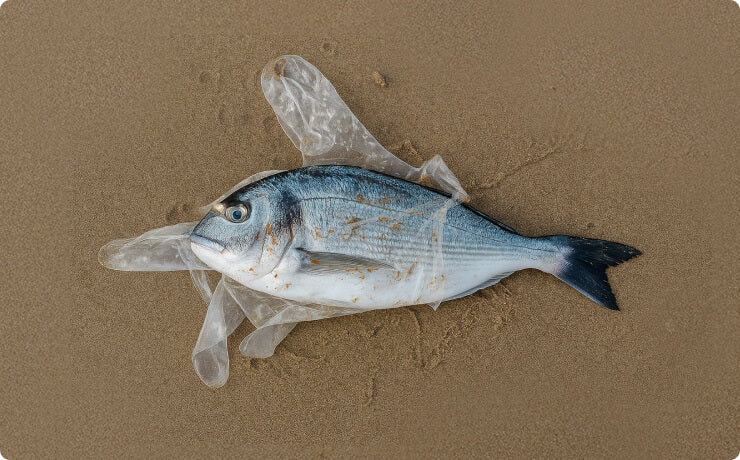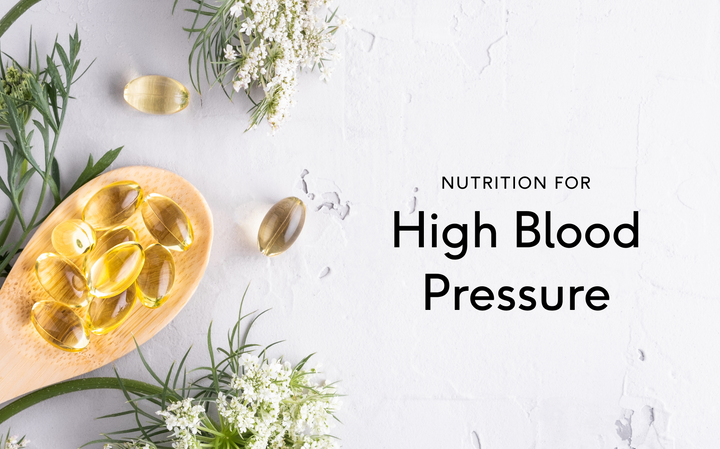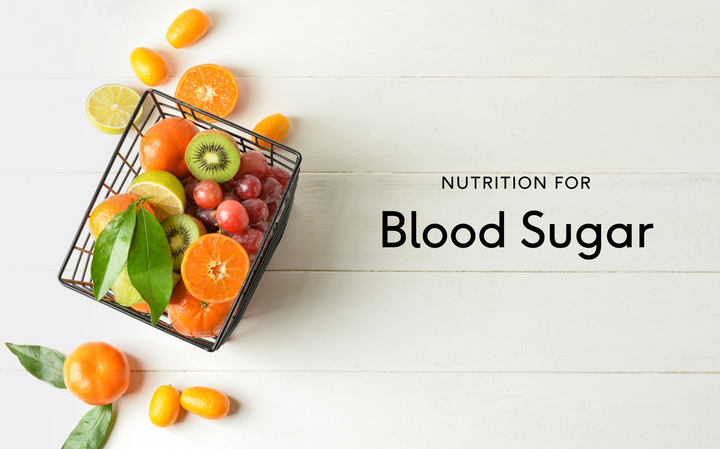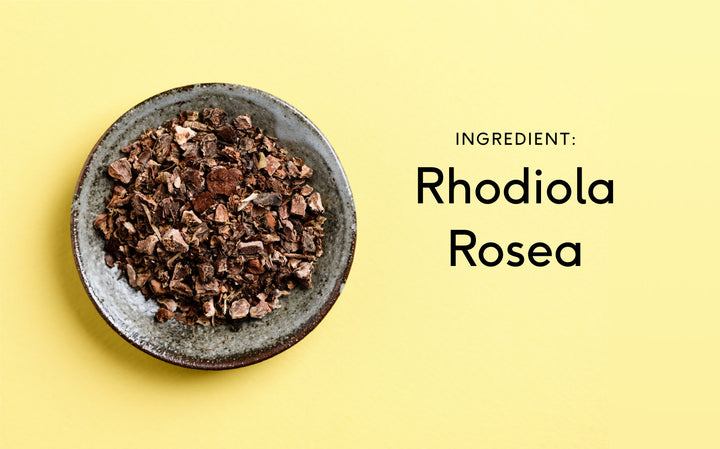The Dark Side of Marine Collagen and Bovine Collagen: Hidden Health Risks and Environmental Impact
Table of contents

You might think your daily collagen smoothie is boosting your health, but could it secretly be poisoning you?
Recent investigative tests by the Clean Label Project and Organic Consumers Association uncovered troubling results:
Heavy Metal Contamination Rates in Animal-Based Collagen Supplements
Heavy Metal Concentration Levels vs Safe Limits
| Heavy Metal | Maximum Detected | Safe Limit | Times Over Limit |
|---|---|---|---|
| Arsenic | 4.7 ug/serving | ~1.0 ug/serving | 4.7x |
| Lead | 3x safety threshold | 1x safety threshold | 3.0x |
| Cadmium | 9.17 ug/serving | 4.5 ug/serving | 2.0x |
| Mercury | Trace amounts | Minimal exposure | Present |
Arsenic
Lead
Cadmium
Mercury
- Arsenic, a known carcinogen, was detected in 64% of collagen products tested, ranging from 0.09 to 4.7 micrograms per serving.
- 37% contained measurable amounts of lead, with some brands safety thresholds by more than three times.
- Cadmium, linked directly to kidney dysfunction and bone density loss, was found in 17% of supplements tested, reaching up to 9.17 micrograms per serving — more than double the safe consumption limits outlined by regulatory standards.
- Mercury, associated with neurological impairments and developmental disorders, was present in trace amounts in 34% of supplements.
Health Effects of Heavy Metal Exposure
Arsenic
- Skin, lung & bladder cancers
- Heart disease
- Diabetes
Lead
- Cognitive impairment
- Hypertension
- Kidney disease
Cadmium
- Kidney dysfunction
- Bone density loss
- Organ damage
Mercury
- Neurological deficits
- Developmental disorders
- Brain development issues
These heavy metals pose significant health threats. Arsenic exposure significantly raises the risk of skin, lung, and bladder cancers, while prolonged exposure can cause heart disease and diabetes. Lead exposure negatively impacts cognitive function, particularly in children, and contributes to hypertension and kidney disease. Cadmium accumulates slowly and persistently in organs, causing irreversible damage. Mercury exposure can result in neurological deficits, especially harmful during pregnancy, affecting infant brain development.
Animal vs Plant-Based Comparison
Animal-Based Collagen
- From CAFOs
- Antibiotic overuse
- Pesticide exposure
- Contaminated feed
Feel Pro Collagen
- 100% vegan
- Meticulously tested
- Pure ingredients
- Safe alternative

Shop Feel Pro Collagen here.
Many collagen supplements originate from livestock raised in Concentrated Animal Feeding Operations (CAFOs), environments known for antibiotic overuse, pesticides, and heavy metal contamination. These conditions ensure these toxins eventually find their way into your collagen products.
Feel Pro Collagen is intentionally formulated to combat these risks. It is a 100% vegan collagen alternative, plant-based and meticulously tested to guarantee zero contamination by heavy metals or animal-derived toxins.
Key takeaways:
- Animal-derived collagen supplements commonly contain toxic heavy metals.
- Feel Pro Collagen provides a clean, plant-based solution free from heavy metals and contaminants.
- Make an informed decision and prioritise purity and health.
How Animal-Based Collagen Supplement Contributes to Environmental Cris
Have you ever considered the true environmental cost of your beauty regimen? Your animal-derived collagen supplement may be contributing significantly to environmental damage.
Global Greenhouse Gas Emissions by Sector
- 44%Remaining
- 25.3%Other Industries
- 16.2%Transportation
- 14.5%Livestock Farming
Environmental Impact Statistics
575 billion pounds
of manure generated annually by global livestock
28–36x & 298x
more potent than CO2 (methane & nitrous oxide)
14.5%
of global greenhouse gas emissions from livestock
Critical damage
to marine ecosystems from overfishing for collagen
The facts are stark:
- Global livestock farming generates approximately 575 billion pounds of manure each year, directly emitting methane and nitrous oxide — greenhouse gases respectively 28-36 and 298 times more potent than carbon dioxide.
- Manure contamination is linked to extensive water pollution, including eutrophication and harmful algal blooms, devastating marine biodiversity.
- Livestock farming contributes around 14.5% of global greenhouse gas emissions, rivaling the world's largest fossil fuel corporations.
- Marine collagen sourcing exacerbates overfishing, leading to critical ecosystem damage and reduced biodiversity.
The environmental implications are severe. The livestock industry's carbon footprint accelerates global warming, causing irreversible ecosystem damage and biodiversity loss. Manure management issues further amplify these impacts, affecting water quality, soil health, and public health through increased exposure to pathogens and antibiotic-resistant bacteria.
Feel Pro Collagen is your sustainable solution. Entirely plant-based and responsibly sourced, it eliminates environmental harm while delivering powerful collagen-supporting nutrients. With Feel Pro Collagen, beauty and environmental responsibility go hand in hand.
Environmental Impact Comparison
Arsenic
from manure runoff
Lead
oxide emissions
Cadmium
overfishing
Mercury
consumption
| Impact Category | Animal-Based Collagen | Feel Pro Collagen |
|---|---|---|
| Arsenic | Extensive contamination from manure runoff | Zero water contamination |
| Lead | High methane & nitrous oxide emissions | Minimal carbon footprint |
| Cadmium | Habitat destruction & overfishing | Supports ecosystem preservation |
| Mercury | High water & land consumption | Efficient plant-based production |
Environmental highlights:
- Animal collagen products significantly contribute to green house gas emissions, water pollution, and ecological degradation.
- Feel Pro Collagen offers an ethical, environmentally friendly alternative, supporting your wellness goals and the health of our planet.
Choose sustainably. Feel good, look great, protect the Earth.
Choose Feel Pro Collagen
100% plant-based•Zero heavy metals Environmentally responsible
100% plant-based•Zero heavy metals•Environmentally responsible
Beauty and wellness without compromise


Best Vitamins and Minerals for IBS and IBD [2025 Nutritionist Reviewed]





























 Back
Back





